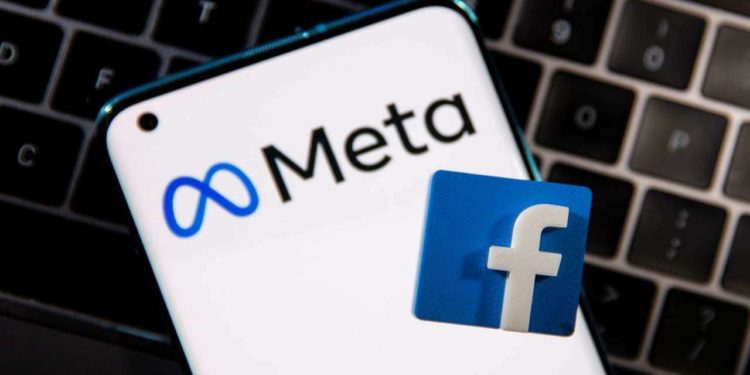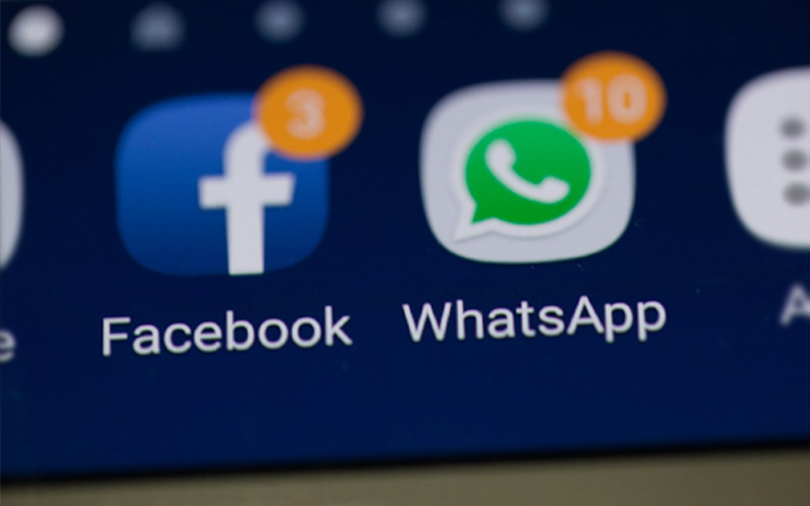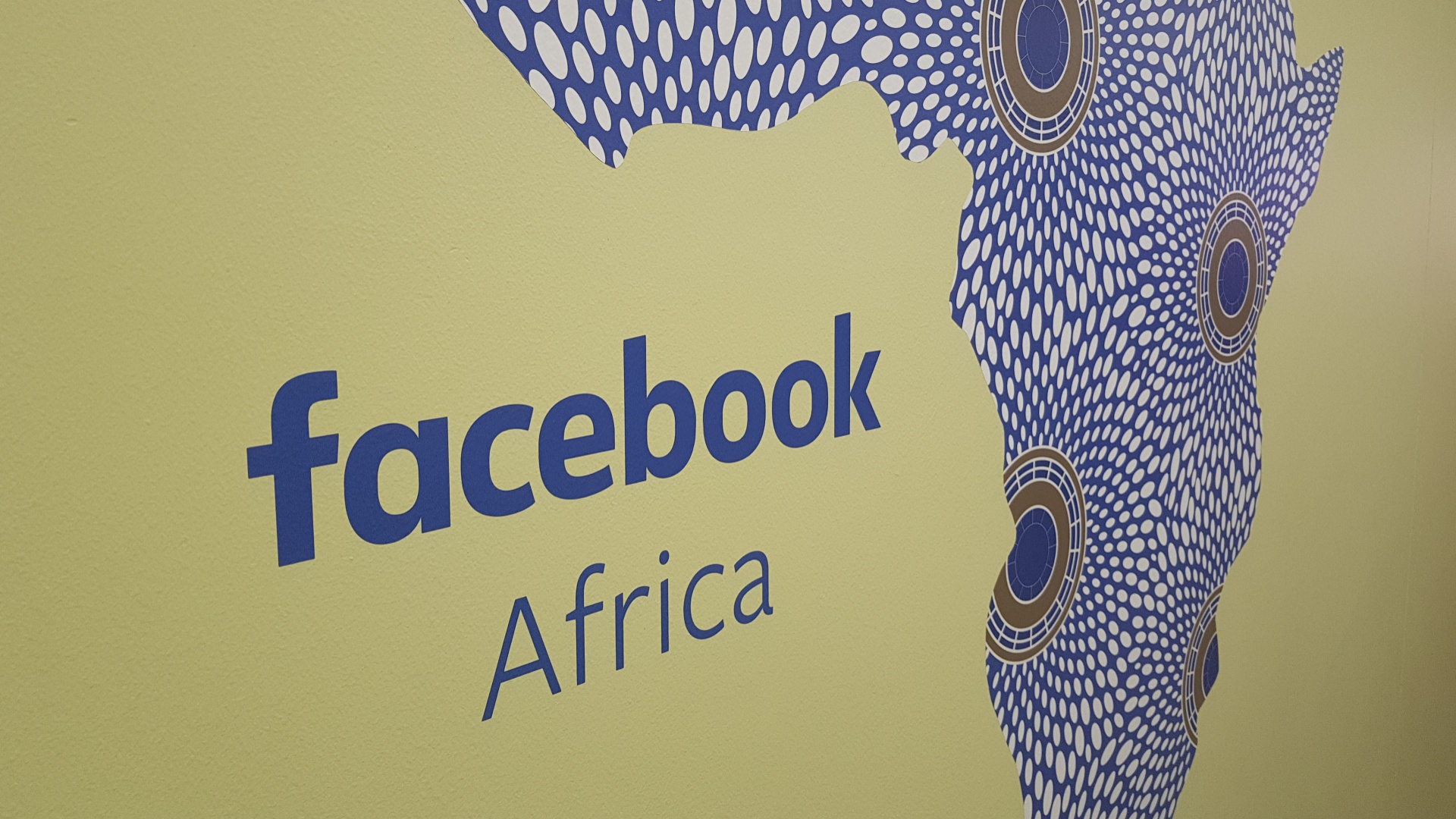On Thursday, October 28, Facebook CEO Mark Zuckerberg announced that the company is changing its name to Meta Platforms Inc.
Formerly known as Facebook Incorporated, it is the parent company behind the popular app Facebook, Instagram, WhatsApp, Messenger, and the virtual reality company Oculus. The announcement was made at the company’s virtual reality and augmented reality conference Facebook Connect.
Facebook name change – Why?
According to Zuckerberg, the Facebook name change will reflect their complete holistic mission and vision. This includes the combination of virtual and augmented reality technologies in a new online realm.
“I’ve been thinking a lot about our identity as we begin this next chapter. Facebook is one of the most used products in the history of the world,” Zuckerberg said.
“It is an iconic social media brand, but increasingly it just doesn’t encompass everything that we do,” Zuckerberg added.
In the 75 minutes presentation, Mark Zuckerberg urged users to rethink the current operational standing of the company and embrace what he describes as the next wave of computing: a virtual universe where people of all creeds, races and varying ideologies can move about freely as avatars, attending virtual business meetings, shopping in virtual stores and socializing at virtual get-togethers.
“Today we’re seen as a social media company,” Zuckerberg said, “but in our DNA, we are a company that builds technology to connect people. And the metaverse is the next frontier, just like social networking was when we got started.”
Facebook name change – Why Meta
Mark Zuckerberg mentioned that the name Meta is inspired by the Greek word meta, which means “beyond”. Which “symbolizes that there is always more to build.”
The metaverse and Facebook name change
The metaverse was first coined in 1992 by Neal Stephenson in his dystopian novel “Snow Crash.” In the novel, the metaverse was a reflection of an immersive digital environment where people interact as avatars.
Most technology companies adopt the term to describe a world beyond the internet. With the internet, you simply look at it, but with the metaverse, you are inside it. You can go to school, go to work, play games, watch concerts/shows, browse store shelves, and much more in a virtual space without ever leaving your home. One of the major factors that make the metaverse unique over the internet is that it is multisensory.
Facebook name change forms part of the process to become a metaverse company. Zuckerberg indicated that it would take a “decade” to achieve. The company’s investments in the metaverse include a commitment to hiring 10,000 new people in hardware jobs which will erode $10 billion off its 2021 profits.
Critics to Facebook changing its name
Many have criticized the Facebook name change to Meta as a way to derail the cache of internal documents leaked by Frances Haugen, a former employee turned whistleblower.
Below are some highlights of the leaked documents tagged Facebook Papers as revealed by USA Today.
• After George Floyd’s murder in May 2020, the platform faced an onslaught of dangerous hate speech, but its moderation tools failed to keep out the most harmful content.
• Since 2017, Facebook knew that sex traffickers were using its platforms to lure victims but did less to protect them.
• Facebook knew before the 2020 presidential election that its platform would be used to disseminate false and misleading information, yet did not change its practices.
In a Senate hearing, Frances Haugen said, “I saw Facebook repeatedly encounter conflicts between its own profits and our safety. Facebook consistently resolves these conflicts in favour of its own profits. The result has been more division, more harm, more lies, more threats and more combat.”
Despite the controversies, Zuckerberg seems not to be fazed instead he says “I know that some people will say that this isn’t a time to focus on the future, and I want to acknowledge that there are important issues to work on in the present. There always will be. So for many people, I’m just not sure there ever will be a good time to focus on the future. But I also know that there are a lot of you who feel the same way that I do.”
Why Hebrew speakers and social media poke fun at Meta
Facebook name change to Meta was greeted with ridicule and laughter by members of the Hebrew community and social media users.
In Hebrew, Meta means “Dead.” This discovery has led many on social media to share images of a tombstone with Facebook’s name superimposed on it.
The author of The Techlash and Tech Crisis Communication, Dr Nirit Weiss-Blatt wrote in a tweet, ” In Hebrew, *Meta* means *Dead* The Jewish community will ridicule this name for years to come.”
“Thank you for providing all Hebrew speakers a good reason to laugh,” another Twitter user said.
Regardless of the meaning in Hebrew and the ridicule, the former company known as Facebook is maintaining it stands to rebrand as Meta.
Other brands have also been faced with lost translations but emerged strong with no harm. For instance, in the 1980s when KFC opened up in China, it’s catchphrase “finger lickin’ good” was not meant with enthusiasm by the locals as “finger-licking good” translated to “eat your fingers off” in Mandarin.
The move did not harm KFC and has become one of the largest fast-food chains in the county.











